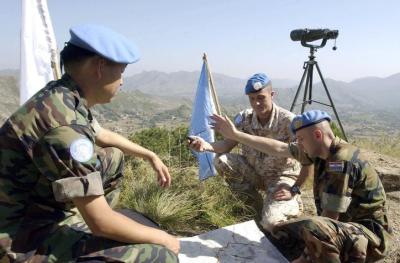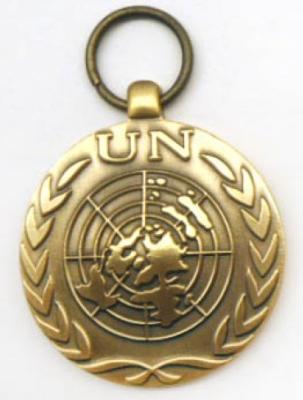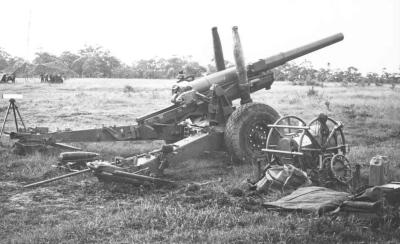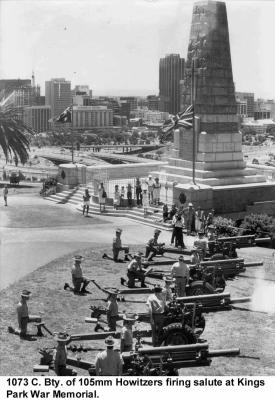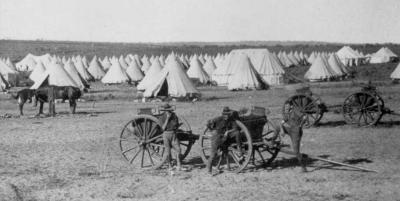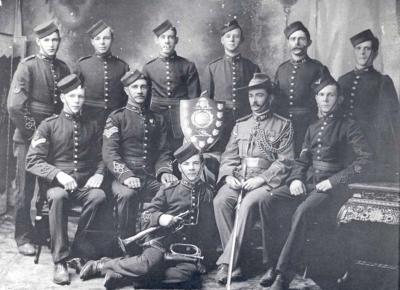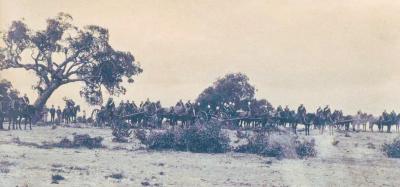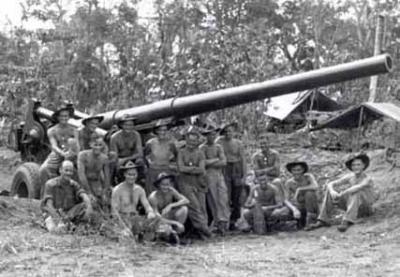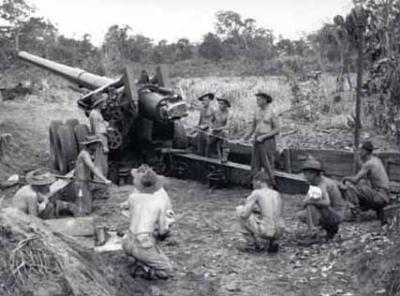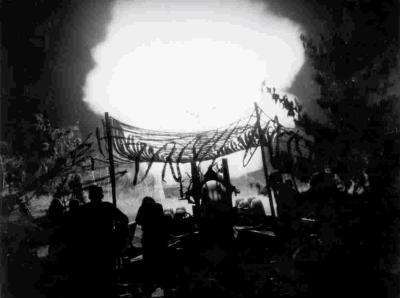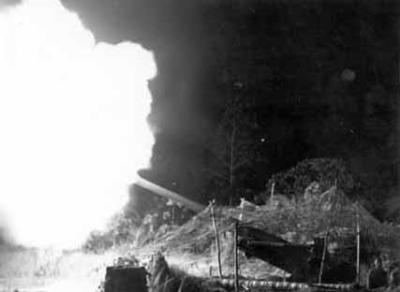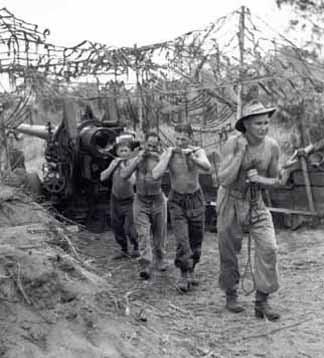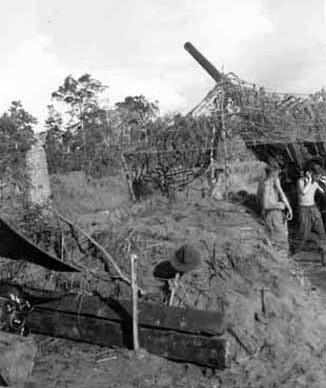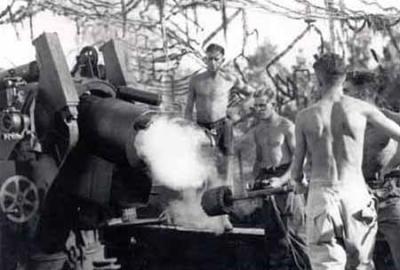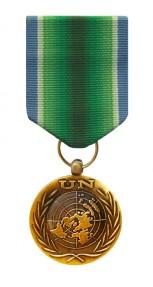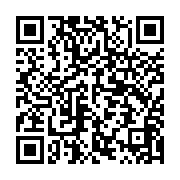Medal, Post 1945, United Nations Military Observer Group in India and Pakistan (UNMOGIP) , 1950 - 1985
United Nations service medal for Operations with United Nations Military Observer Group in India and Pakistan (UNMOGIP) Obverse: World globe within a wreath surmounted by 'UN'. Reverse: Inscription: 'IN THE SERVICE OF PEACE'. Each United Nations medal is identical in design, with a unique ribbon to identify the specific mission. The UNMOGIP ribbon has a wide central band in various shades of green to represent the Himalayan Range and the Kashmir Valley, flanked by narrow white stripes representing the snow-capped mountains. Two equal bars of UN blue appear at either edge of the ribbon.
Since 1947, India and Pakistan have fought over control of the mountainous territory of Kashmir. Jammu and Kashmir was a princely state on the border of the new countries.with majority Muslim population but a Hindu ruler.The international community has been unable to help negotiate an agreed way forward.
India took the dispute to the United Nations (UN) Security Council on 1 January 1948. The Security Council responded by establishing the United Nations Commission for India and Pakistan (UNCIP). UNCIP was tasked with investigating the dispute and mediating between the 2 countries. The UN posted an international group of military observers along the CFL.
The United Nations Military Observer Group in India and Pakistan (UNMOGIP) wa ssubsequently formed to report to the UN Security Council on the conflict between India and Pakistan over the future of Jammu and Kashmir. As part of an international response through the UN, Australia became involved in peacekeeping operations from 1950 to 1985.
Details
Details
Australia provided 6-person observer teams to the mission. Each team served tours of duty of 1 or 2 years. Australia drew most of its peacekeepers for Kashmir from the Reserve of Officers and the Citizen Military Forces.
The RAAF's No. 38 Squadron Detachment B provided a DHC-4 Caribou from 1975 to 1979.
The first and longest-serving commander of UNMOGIP was Lieutenant General Robert Nimmo, CBE. He was an Australian Gallipoli veteran who had also served in World War II. Lieutenant General Nimmo was appointed as Chief Military Observer (CMO) in October 1950 and remained in command until his death from natural causes in Kashmir on 4 January 1966. His 15-year command is a UN record and one unlikely to be broken.
National Peacekeepers' Day: On 14 September each year, Australia observes National Peacekeeper’s Day, the anniversary of Australia becaming the world's first peacekeepers to deploy into the field, in the Netherlands East Indies in 1947.
International Day of UN Peacekeepers: 29 May is a day of commemoration and acknowledgement of all military, police and civilian personnel who have served as peacekeepers with the UN. Since UN peacekeeping began, more than 4,000 peacekeepers from many countries have lost their lives while performing their duties under the UN flag.
Open in Google Maps
Nearest geotagged records:
Australian Army Museum of Western Australia
Australian Army Museum of Western Australia
More items like this
Other items from Australian Army Museum of Western Australia
- Post 1845, Western Australia, Artillery, 5.5 inch Gun
- Post 1945, Western Australia, Perth, State War Memorial, 7 Field Battery RAA
- Pre 1914, Western Australia, No 1 (WA) Battery, Australian Field Artillery, EDWARDS, MILLS, 1905
- Pre 1914, Western Australia, No 1 (WA) Battery Australian Field Artillery, 1905
- Pre 1914, Western Australia, Perth, No 1 Battery, Western Australian Artillery
- World War 2, South West Pacific, New Guinea, 2/3 Field Regiment, 1945
- World War 2, South West Pacific, New Guinea, 2/3 Field Regiment, 1945
- World War 2, South West Pacific, New Guinea, 2/3 Field Regiment, 1945
- World War 2, South West Pacific, New Guinea, 2/3 Field Regiment, 1945
- World War 2, South West Pacific, New Guinea, 2/3 Field Regiment, 1945
- World War 2, South West Pacific, New Guinea, 2/3 Field Regiment, 1945
- World War 2, South West Pacific, New Guinea, 2/3 Field Regiment, 1945
